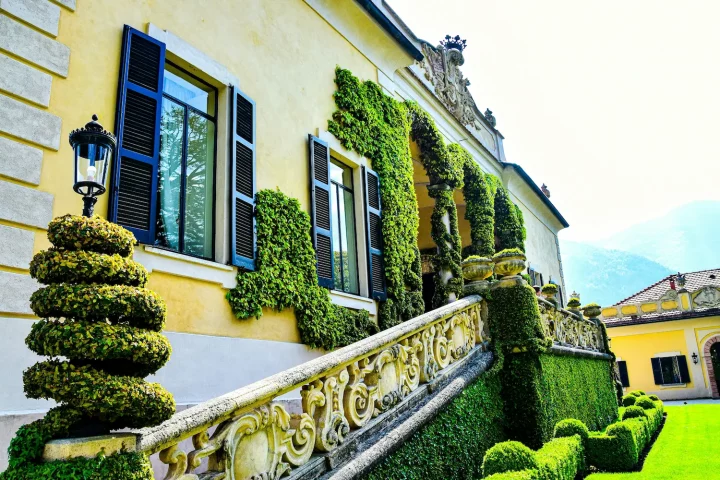Understanding the different routes of Italian citizenship application is very important for choosing the most suitable path for each individual’s circumstances.
Each method has its own requirements and processes, and selecting the correct application method can significantly impact the success and efficiency of the process.
Italian citizenship Application by descent (jus sanguinis)
Citizenship by descent, or “jus sanguinis,” is the most common path for people of Italian origin. This method is available to individuals who have an Italian parent or grandparent born in Italy. Alternatively, eligibility may apply if the Italian parent—not grandparent—resided continuously in Italy for at least two years.
It is also essential that the Italian relative held exclusive Italian citizenship at the time of their death.
Italian citizenship Application by marriage (jure matrimonii)
Individuals married to Italian citizens can apply for citizenship through marriage. This process requires a certain period of marriage before one can apply: two years if residing in Italy or three years if living outside Italy. This period is reduced by half if the couple has children.
The application process involves submitting a marriage certificate, proof of residence, and demonstrating basic knowledge of the Italian language (level B1). Other civil and legal documents may also be required to complete the application.
B1 Test: A detailed overview of the Italian language test
Take advantage of specialized assistance to secure your passport for a borderless future.
Italian citizenship application by residence (naturalization by residency)
Foreigners who have legally resided in Italy for a specific period can apply for citizenship through naturalization by residency. The required period of residence varies: ten years for non-European Union citizens, four years for EU citizens, and potentially less for descendants of Italians.
Applicants must provide proof of continuous residence, demonstrate financial stability, have a clean criminal record, and possess basic knowledge of the Italian language. This method suits those who have established a long-term life in Italy and wish to formalize their status as citizens.
Italian citizenship application through the judicial route (1948 female ancestry rule)
As of July 2025, the judicial route has become the sole pathway to obtaining Italian citizenship. While a newly formed governmental body in Italy is set to oversee all administrative applications, its operational framework and procedures remain undefined. As a consequence, all existing consular application queues have been dissolved.
It’s also important to note that, due to recent changes in Italian legislation, the final outcome of legal challenges to these new rules remains uncertain. Judicial decisions are still pending, and many applicants are awaiting clarity on how these reforms will be interpreted and applied by the courts.
Additionally, if your mother or maternal grandmother gave birth to the next descendant in line prior to 1948, you are required to pursue citizenship through the courts—regardless of whether the new administrative system becomes fully operational.
Take advantage of specialized assistance to secure your passport for a borderless future.
Other methods: Italian citizenship application by military service or merit
In rare cases, Italian citizenship can be granted to foreign nationals who have voluntarily served in the Italian Armed Forces. This route is designed to recognize the commitment and service of individuals who contribute to the defense and interests of Italy.
Requirements:
- Voluntary Service: the individual must have voluntarily enlisted and served in the Italian Armed Forces.
- Duration of Service: a minimum of three years of service is typically required.
- Application Process: after completing the required service period, the individual can apply for citizenship. This process involves submitting proof of service and other necessary documentation to the relevant Italian authorities.
In addition to military service, one can also earn the right to Italian citizenship through merit. Citizenship by merit is granted to individuals with notable achievements that benefit Italy. This method is less common but provides an alternative pathway for those who have contributed significantly to Italy.
Choosing the best Italian citizenship application method
Choosing the best method to apply for Italian citizenship depends on individual circumstances and eligibility. Exploring the judicial route can offer several advantages, such as making the process faster and less stressful.
Consulting with a specialist can help identify the most effective path for your needs, ensuring a smoother application process with higher chances of success.






